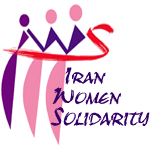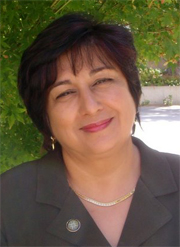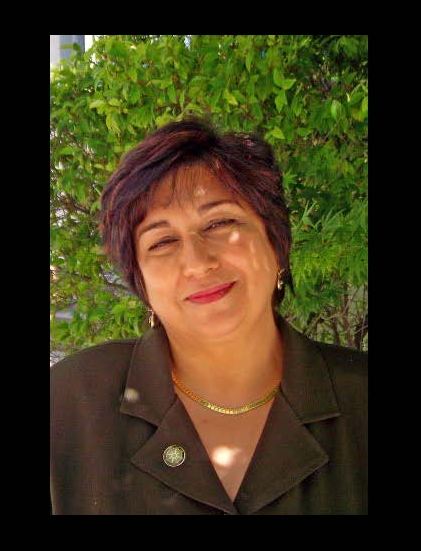[Women News Network – WNN->http://womennewsnetwork.net/] – In response to the efforts of this coalition, the Iranian parliament (known in Iran as the Majlis) has removed the two most contested articles of this bill, Articles 23 and 25, postponing the bill’s floor discussion indefinitely. In addition, Iran’s parliament will send the bill back to the Parliamentary Judicial Committee for further revisions.
This rare and temporary victory has energized young women activists in Iran.
Shirin Ebadi, Nobel Peace Prize Laureate, has called the Family Protection Bill a sign of the Iranian government’s regression to many centuries ago. In an interview with the editor of the website Change4Equality, Ebadi said she and her colleagues would stage a sit-in at the Parliament (Majlis) Building should the bill be discussed on the Majlis floor.
On Sunday August 31 approx 100 women leaders and activists from various women’s groups such as the One Million Signatures Campaign, Meydaan Zanan, Kanoon Zanan Irani, along with Shirin Ebadi and Simin Behbahani, Iran’s “brave and popular” Iranian woman poet, met with members of parliament and expressed their opposition to the bill.
Simin Behbahani, in an interview with Iranian web publication, The Feminist School, summed up the meeting, “Today, we had a duty, and our duty was to voice the concerns of the women in our country to the representatives. Our visit to the parliament and our objection was because we don’t want future generations to wonder why we did not protest such a bill. So, visiting the parliament and meeting with the MPs was important and necessary.”
Although articles 23 and 25 of Iran’s Family Protection Bill were not the only two articles which brought the large and diverse coalition together, articles 16, 17 and 18 also elicited protest by womn activists.
One of these articles, that is a major concern for many Iranians, impacts Iranian women who marry foreign nationals. According to existing family law, citizenship cannot be passed to children from their mothers. Many Iranian women who have married Afghan and Iraqi men cannot get birth certificates for their children; hence these children cannot go to school. It is estimated that there are 100,000 children today in Iran without birth certificates who are denied their basic human right to education.
The Family Protection Bill imposing even stricter penalties upon women who marry foreigners, stipulates a harsh sentence, up to 9 months in detention, for women who marry foreign nationals prior to getting government permission.
Family and reproductive laws are very important global issues for gender equality activists. Women in Iran, as well as other women living under Moslem laws, are particularly focused on family law, as these laws define and redefine the position of women in society.
Religious fundamentalists/extremists of all religions often focus on gender as they construct and maintain gender differences as the core policies of their political identities.
Whether it is the Family Protection Bill in Iran, or debates related to reproductive rights in the US, religious extremists actions have resulted in taking away what women human rights activists have gained. Fundamentalist Iranian women in favor of easing polygamy laws in Iran, and US presidential candidate Sarah Palin, on the US Republican ticket for the 2008 presidential election, have a lot in common. Both parties rely on the most regressive religious interpretations of women’s issues within their faith.
In a country where there is a significant gap between the demands for rights and the regressive laws imposed upon women related to polygamy and other discriminatory legislation, denial of rights will not go unchallenged. More than 60% of higher education students are female, yet their testimony in court counts for only half of a man’s testimony. Human rights defenders and women activists in Iran demand equality and dignity – nothing more and nothing less.
Where more than 500,000 Iranian bloggers, many of them women, are active in cyberspace recording narratives of their lives, while at the same time needing their husbands’ permission for obtaining passports, they face institutionalized discrimination that makes them second class citizens in divorce, inheritance, child custody and other aspects of life.
Iranian women activists and their male allies are well aware of the fact that they need to keep their guard up and keep moving forward until all discriminatory laws against women in Iran are eliminated.


